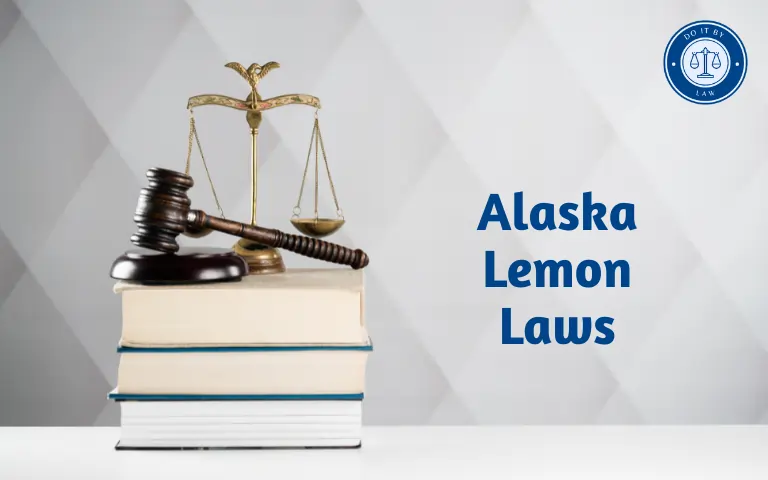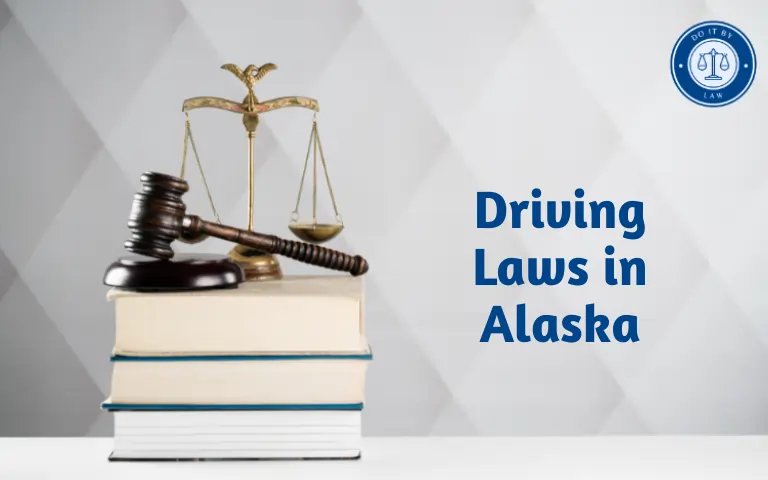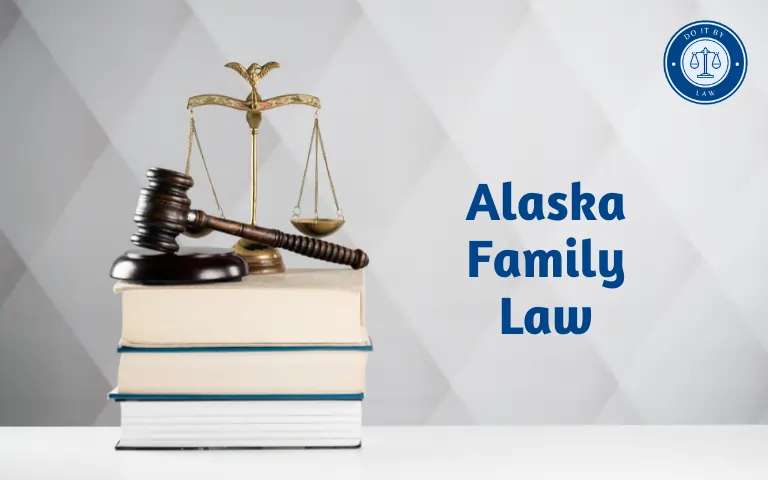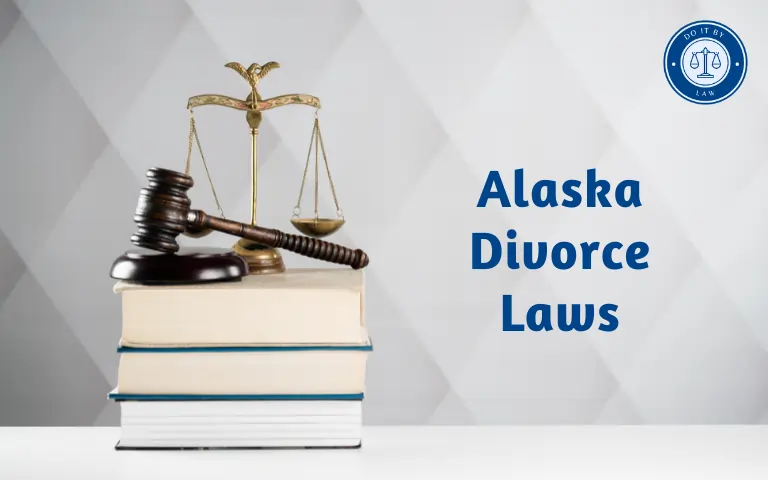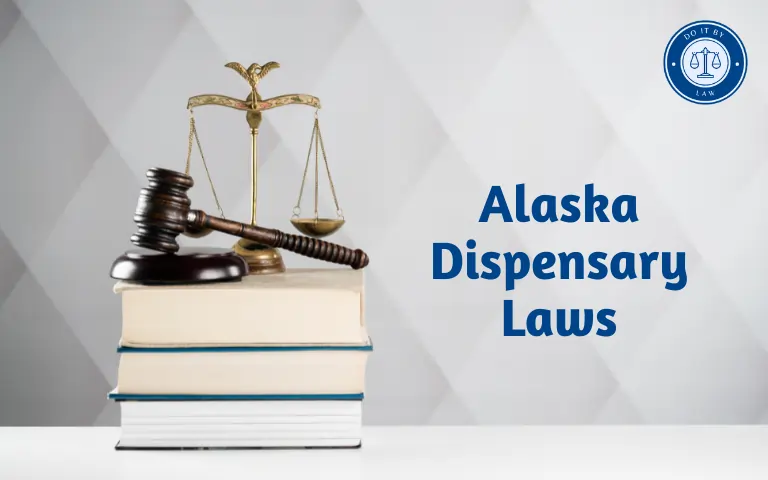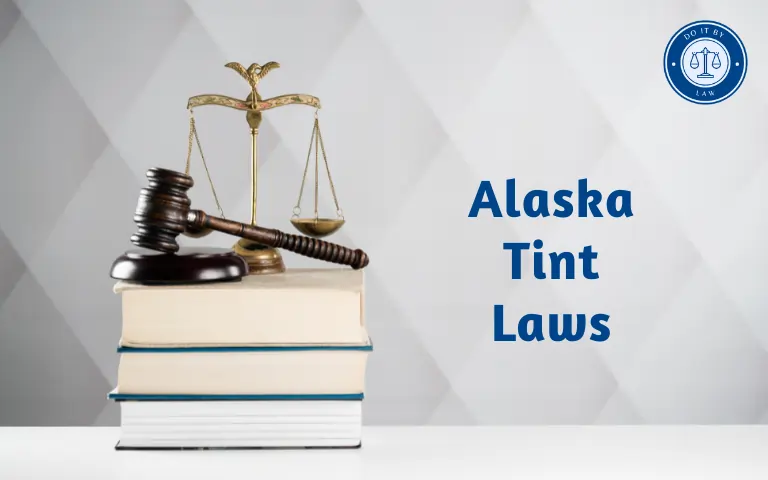Alaska Concealed Carry Laws: What You Need to Know
Alaska State has some of the least restrictive Alaska Concealed Carry Laws in the United States, not requiring permits or licenses for most people to carry concealed firearms. This article provides an overview of key details, history, provisions, controversies, and frequently asked questions about Alaska’s concealed carry laws.
When Was Alaska Concealed Carry Laws Enacted and Why?
Alaska enacted its current concealed carry laws in 2003 with the passage of Senate Bill 24, which allowed law-abiding citizens over 21 to carry concealed handguns without needing a permit. This built upon previous laws passed in 1994 allowing open and concealed carry with a license.
The law change aimed to expand citizens’ right to bear arms for personal protection as granted under the Alaska constitution. Backers argued that requiring permits infringed on this constitutional right placed undue restrictions on law-abiding gun owners, and provided little public safety benefit.
Who Do Alaska’s Concealed Carry Laws Apply To?
- Alaska’s concealed carry laws allow anyone 21 or older who is legally eligible to possess firearms under state and federal law to carry a concealed handgun in most public places without a permit. This includes both residents and non-residents visiting Alaska.
- The law also allows active duty military members 18 or older and military veterans/retirees with valid military IDs to carry concealed firearms without needing permits.
- Those with felony convictions or conditions such as mental incompetency, drug addiction, or protective/restraining orders that prohibit them from legally possessing firearms do not qualify.
What Are the Key Provisions of Alaska Concealed Carry Laws?
Some key provisions under Alaska’s current concealed carry laws include:
- No permit or firearms registration is required for most people
- Allows concealed carry of handguns and knives by qualifying persons
- Valid in most public places, including streets, parking lots, hotels, restaurants, shops, parks, etc.
- Exceptions include areas with adequate security measures like courthouses and secure airport areas
- Private property owners can restrict or prohibit concealed firearms on their premises by posting signs
- Does not restrict the open carrying of firearms which remains legal statewide
- Reciprocity with all other state’s concealed carry permits if a person chooses to get one
What Are the Penalties for Violating Alaska Concealed Carry Laws?
- Because most public carrying of concealed weapons is deregulated under Alaska law, few violations apply specifically to lawful concealed carry.
- However, it remains illegal for prohibited persons such as convicted felons to possess concealed firearms, which can be charged as a class C felony punishable by up to 5 years in prison and a $50,000 fine. Brandishing a weapon in a threatening manner can also result in felony charges regardless of one’s concealed carry status.
- Carrying concealed handguns into restricted areas like courthouses, prisons, and secure airport areas can potentially result in misdemeanor trespass charges as well.
- Those who qualify for concealed carry exemptions like U.S. military members could face federal charges for violating applicable laws if they conceal unlawfully carry firearms.
Have There Been Any Recent Changes or Proposed Changes to Alaska Concealed Carry Laws?
In recent years, Alaska legislators have frequently revisited proposals seeking to expand, better clarify, or impose new limits related to existing concealed carry freedoms, but no major reforms have passed since the 2003 law.
Some of the more debated reform proposals have included:
- Allowing concealed carry of firearms and deadly weapons into additional restricted places like colleges/universities.
- Imposing more uniform concealed carry restrictions on remote Alaska Native tribal lands.
- Providing civil penalty waivers to citizens improperly denied entry to restricted areas for legally concealed carry firearms.
- Requiring law enforcement to expunge records of wrongly detained concealed carriers.
While broader gun law reforms remain politically divisive, Alaska’s concealed carry freedoms granting law-abiding citizens broad rights to bear concealed arms for self-defense without permits currently remain intact going into 2023.
What Controversies or Debates Exist Around Alaska Concealed Carry Laws?
Despite strong public support among Alaskans, some aspects of the state’s unrestricted concealed carry laws have faced debate including:
- Lack of Safety Training Requirements: Some law enforcement officials and gun control groups argue ditching permit requirements reduces mandatory safety training that helps curb gun accidents/misuse. Supporters maintain citizens can still voluntarily get firearms training.
- Federal Background Check Exemptions: Federal law requires background checks on most gun sales but not private exchanges. This means some high-risk persons can legally buy then conceal carry guns in Alaska without checks. Efforts to mandate checks on private sales remain controversial, however.
- Native Tribal Lands Authority: Tribes argue Alaska improperly overrides their ability to set firearms regulations on tribal lands. Backers of current laws say regulations should be consistent statewide however including on tribal lands.
- Airport/Government Building Security: Despite security concerns, lawmakers have resisted efforts to let managers broadly limit concealed carry in all government buildings/airport public areas without detected threats present. Supporters argue citizens have self-defense rights in these areas.
- While certain aspects remain contentious, efforts to pass major new restrictions on Alaska’s relatively permissive concealed carry liberties granted under state law have made little legislative headway so far.


